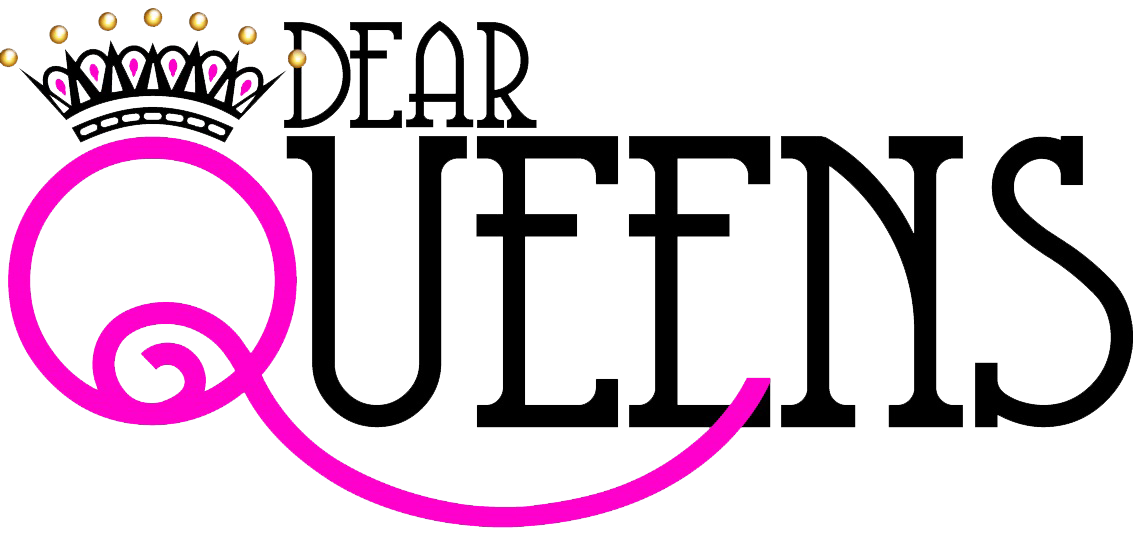My Name, My Identity
Zoey versus Zoe: a battle I’ve endured for a long 27 years. One that I sometimes chose to fight and other times chose to ignore. My name.
My name was under constant (unintentional) scrutiny. During my earlier years it was something my parents stood up for, declaring wild intent for the selection of my name and its meaning. Dating back to my father’s experience with racism in the south, and his unwavering desire to educate his children about these very present racial injustices—despite us having been too young to understand. “Her name is Zoe,” they’d say with black strength in their voices.
“Queen of praise” to some, “worthy of praise” to others, and “healer” to the Liberian family that danced around me in circles, Zoe ignited a sense of cultural pride that I only recently begun to explore.
“Her name is Zoe,” my prophyte would exclaim to those who called me “Zoey”.
“They don’t call Moe, Moey,” I would always say to myself. Often times I’d be alone during these encounters. They’d happen in school, on job interviews, at new jobs. They’d happen in meetings, on phone calls, and in any other situation where someone had to read my name for themselves. It even happened when I introduced myself as “Zoe” and it was incorrectly reiterated. It would happen, most frequently, when no one else was around to defend my name like I was so used to. But see fighting for the sake of my name hadn’t been a battle worth fighting, to me. I let it go, and more times than not, answered. I ignored the historical implications of my African name and responded to the ignorance of those around me. Those who insisted on adding an extra syllable to an already simple name.
Never did I think, though, that the mispronunciation of my name would somehow relate to the misunderstanding of my being; or that my cowardice to correct would be symbolic to the insecurities of my identity.
I noticed that in order to correct people I had to be confident in my right to correct them. I had to be confident in the meaning behind it. I had to be confident in the person baring it. After all, it is my name! And if they say it wrong, I have the right to tell them. I had to become sure of myself that the label I held on to —the one my parents so intentionally called me—was the only label I should be called, (along with Zoe Zoe, the affectionate rendition a soror came up with).
See I learned many things about myself during the years of answering to the wrong name. As un-thought provoking as it may seem, my name was a piece of my being. Who I am. Why I was created. And what space I would occupy on this Earth. And in recognizing this, I learned that being called anything, for the sake of being called, is certainly not the way. My name, and being, has far too much purpose to succumb to whatever the masses choose to label me.
So with these thoughts sticking to my throat like a Popeye’s biscuit, I wish to express to you the following three things, as you continue on your own journey of self-discovery and self-appreciation.
Do not conform.
Do not allow their labels to become your normal. Do not allow the mispronunciation of your name, or misunderstanding of your purpose, dictate what you call yourself. Do not abandon your being to make them comfortable. Do not throw away the person you’ve become, the one created by the Father and your parents, to fit what they have in mind for you. Because whether they know your name or not, you are powerful beyond measure, and you must hold true to your very raw, very authentic identity.
Be confident in your existence.
Be confident enough to correct them when they’re wrong. To remind them of who you are, so they can never forget it. To correct them as many times as it takes for it to stick. To know, that in doing so, you are reaffirming the brilliance and intentionality of your creation.
Be powerful in your identification of self.
Whatever your name may be, and whatever it may mean say it firmly and boldly. Recognize the power in your correction and the declaration you're making to yourself to share exactly who you are. Believing who you say you are, and not at all what they call you. Commit to being that woman every day of your life, and dedicate yourself to ensuring that those around you learn to embrace her, instead of a falsehood with the wrong name.
While I am loads more than my name, my name (obviously) plays a large role in my identity. And to allow people to strip that from me, as unintentional as it may be, is allowing them to strip away my being. I’ve learned to correct people when they’re wrong about me (and my name), not because I’m offended, but because I need them to recognize the power behind both my identity and my existence. Now that’s a battle worth fighting.

